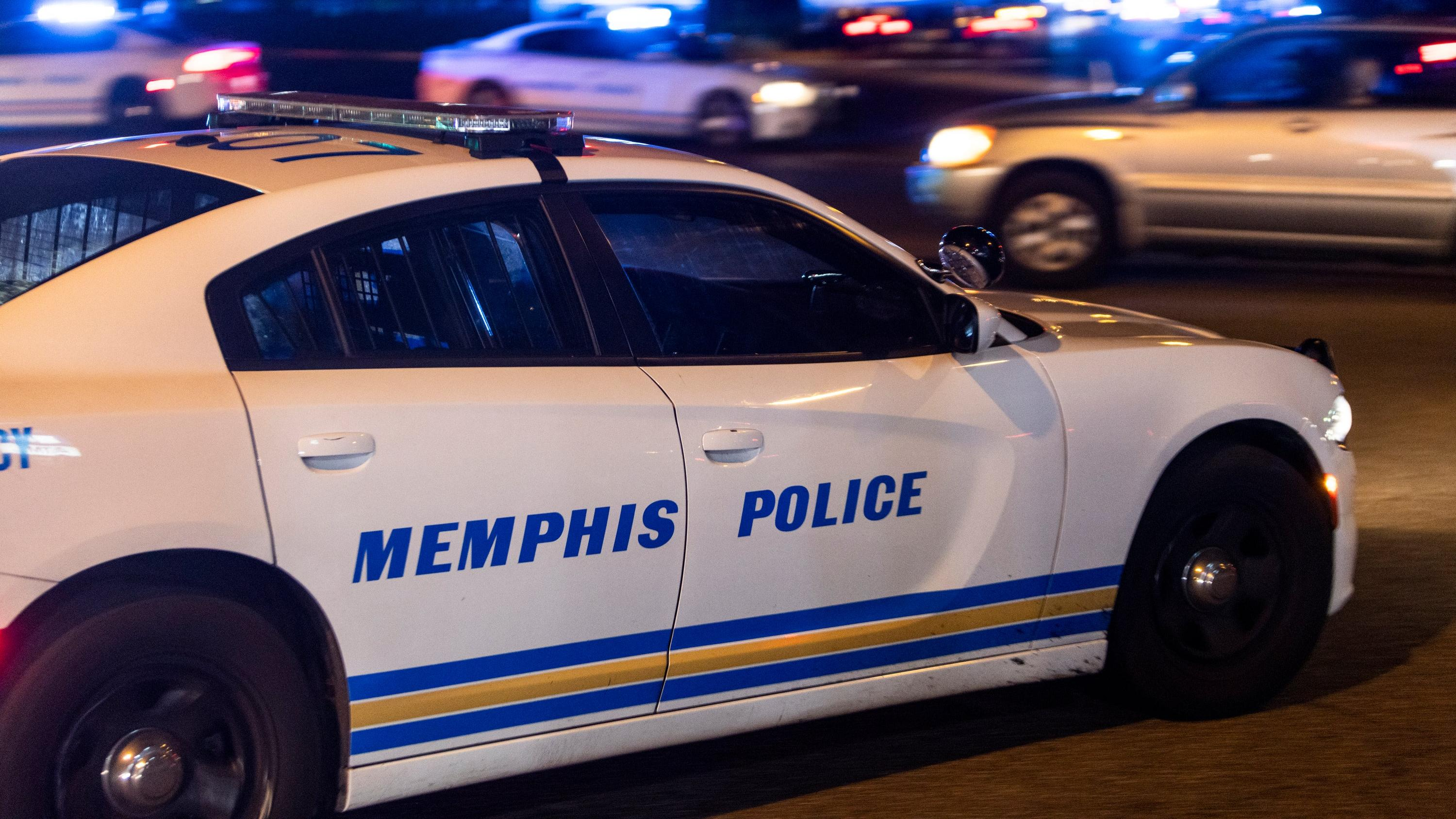Car Seizures Are A Booming Business For Memphis Police, Even When No Crime Was Committed
Over 700 cars were seized by city police in 2022, often from drivers who were never charged with a crime.
Asset forfeiture is big business for police departments around the country. Data from the Institute for Justice says that in 2018 alone, police in 42 states and Washington D.C. took over $3 billion from citizens; half a billion was taken under various state laws while $2.5 billion was taken under federal law. Getting down to the state and local level, asset forfeiture is a lucrative for many city police departments around the country — often to the detriment of citizens who did not commit any crime. The New York Times reports that the Memphis Police Department has been in the business of seizing vehicles from many of the city's residents, often for no legal reason at all.
Vehicle seizures have exploded in the last couple of years in the city. It all started in 2021. Supposedly brought about as an attempt to thwart reckless driving and illegal street racing activities, Memphis Police Chief Cerelyn Davis outlined her plan to crack down by seizing people's vehicles. The result of this action was the creation of a program called "Street Crimes Operation to Restore Peace in Our Neighborhoods," known as the Scorpion Unit. (This is the same unit that murdered Tyre Nichols.) Davis said that police would no longer cite people for reckless behavior — they would simply take people's cars away.
From the New York Times:
"When we identify individuals that are reckless driving to a point where they put other lives in danger, we want to take your car, too," she said. "Take the car. Even if the case gets dropped in court. We witnessed it. You did it. You might be inconvenienced for three days without your car. That's enough."
Memphis Mayor Jim Strickland supported the measure, and wanted to take it even further by not just seizing vehicles, but destroying them as well. "I don't care if they serve a day in jail. Let me get their cars, and then once a month we'll line them all up, maybe at the old fairgrounds, Liberty Park, and just smash them," he was quoted as saying in 2022.
The unit and seizures were considered a success with over 270 vehicles taken during the first few months of operation. But those seized vehicles were taken at a cost.
Even if a crime had been committed, the legal reasoning behind the vehicle seizures was vague and questionable. Defense lawyers that spoke with the Times pointed out, for instance, that vehicles seized for claimed drug offenses were often found to have nothing to do with any sort of drug crime — leaving car owners scrambling to navigate a complex court process to get their own property back.
Most other vehicles were taken for bogus reasons as well. That's what happened to Shawn Douglas Jr. After being stopped and searched at a gas station, police say they found two bags of weed in Douglas' backpack, an allegation Douglas denies. Police ended up taking his 2015 Dodge Charger. Before taking it, Douglas told the Times that one officer remarked that his car "would be a great police vehicle. When we take those vehicles we hope people don't come get them back so we can do drug busts out of them." Months later, all charges against Douglas were dropped, but the city still had his car, making him pay $925 to get it back.
Worse yet, others that try and get their vehicles back encounter a legal system almost purposely set up against them. And the city stays tight-lipped on exactly how many vehicles it takes, and how much money the city brings in from these seizures. Until something can be done about how the city is conducting what it says is a campaign against other reckless vehicle related crime, people who are largely innocent will continue to pay the price. Head to the New York Times for the full story.
